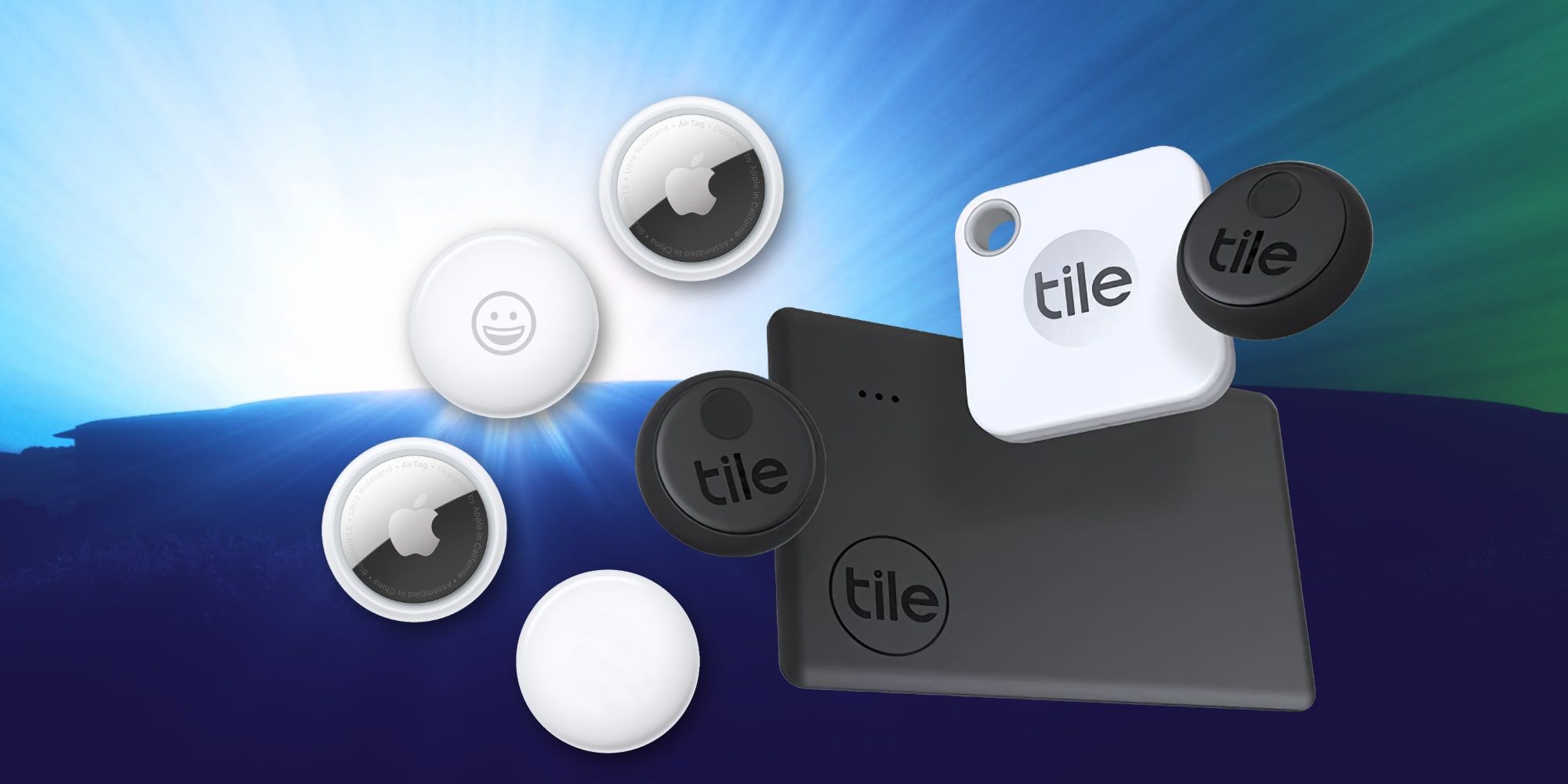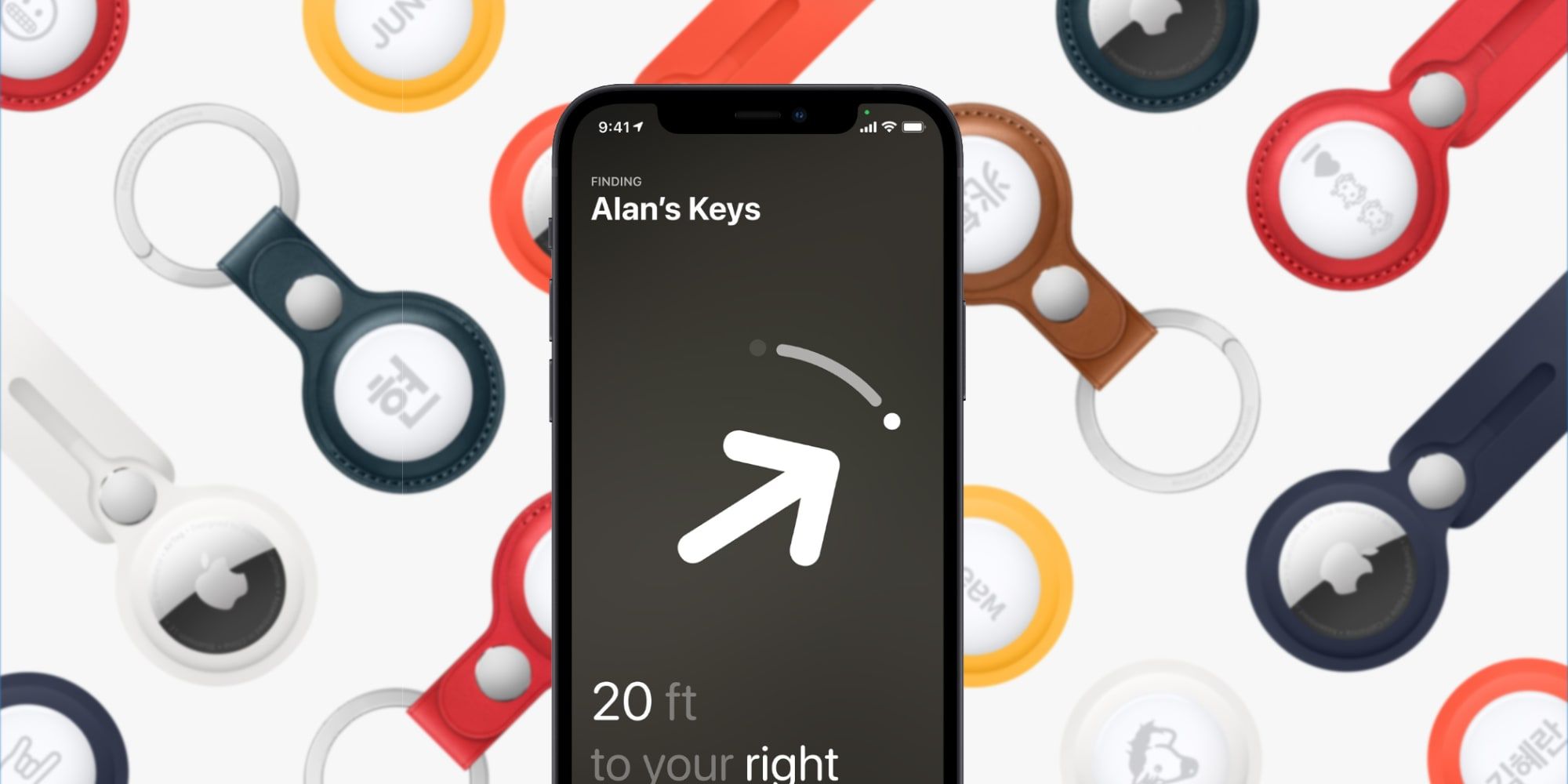Tile is among the top location beacon manufacturers, but with the launch of Apple's solution that may change, since the AirTag offers advanced capabilities that are missing from Tile's trackers. In a recent interview, CJ Prober explains why the Tile CEO feels Apple has an unfair advantage in the industry. Apple certainly has the earliest possible access to technology that it develops and, in some cases, exclusive access, but the crux of the matter is whether it should be required to share those advancements with other companies.
Apple incorporates common technologies such as Bluetooth and near-field communication (NFC) into its AirTag, but also added ultra-wideband capability that is compatible with any device with its own U1 chip. That includes the iPhone 11, which launched in 2019, along with the 2020 iPhone 12, Apple Watch Series 6, and HomePod mini. There was little use for this chip before the AirTag arrived, suggesting Apple's tracker was in development in early 2019.
In a recent Bloomberg interview, the Tile CEO complained that Apple had early access to the AirTag's seamless activation and the ultra-wideband capability of the iPhone since 2019. Prober said that Tile had not been given access to that system to design a competing location beacon. However, an Apple developer framework to access the data provided by the U1 chip has been available since the middle of 2020, as noted by MacRumors back in 2020. Prober also claims that Apple made changes to iOS that made use of Tile trackers more difficult and, the owners of its most expensive finder device, the Tile Pro, did require a firmware update in 2020. Whether this was due to a malicious change in iOS code that was made by Apple to thwart the smaller company, or simply an incompatibility of the sort that often occurs with tech products, is unknown. The fix for at least one such issue seemed relatively simple, though, as PC World notes that holding the activation button for about ten seconds reset the Tile Pro and restored normal operation with an iPhone.
Is Apple Making Tracker Prices Higher?
Prober mentioned that Tile is very differentiated and well-positioned, which seems to present an opinion that is opposite to that of Apple holding a monopoly, but also explained that the issue was very nuanced. Prober indicated that the concern was really about consumer choice and lower prices. Apple most likely would argue that consumers already have choice, considering there were several competing trackers available on the market before the AirTag, and the Find My network recently opened up to third-party devices. Also, Apple's AirTag pricing falls in the middle of the pricing of Tile's offerings and therefore is unlikely to be driving up the price. The AirTag costs $29 for one or $99 for four units. Tile Mate is $25 each and a four-pack costs $70, but Tile's Pro model costs $35 for one or $99 for four.
Samsung offers an ultra-wideband location beacon as well, further muddying the water about whether Apple is being anti-competitive. With powerful challengers, a company has a right to compete strongly. There is no doubt that having Apple as a new competitor would present a huge challenge to any company, whether taking advantage of early knowledge to design a better product and recover research and development costs is unfair, is something best decided by the legal system, should Tile decide to pursue its complaint in court.


